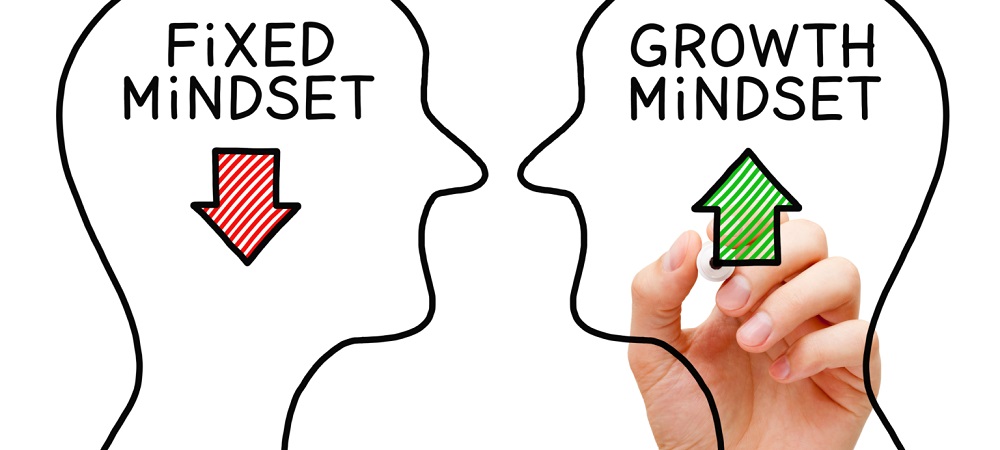Fixed vs. Growth: The Two Basic Mindsets
- Posted by: Biju Ramakrishna Pillai
- Category: Blog

A concept that is gaining a lot of favour in the educational scenario today is the idea of fixed versus growth mindsets, and how they are related to teaching and learning. Carol Dweck, an American psychologist, says that the idea of mindset is related to our understanding of where ability comes from. For those who stand for a ‘fixed mindset’, success or failure is based on their inborn ability or the lack of it. Others believe that it is based on a ‘growth mindset’ where success depends on learning, persistence, and hard work.
In a fixed mindset people believe that their basic abilities, intelligence, and talents, are fixed and never change. They are afraid of failure, feeling that it reflects badly upon themselves as individuals. In a growth mindset people understand that their talents and abilities can be developed through effort and hard work. They believe that everyone can become smarter if they work hard. They embrace failure as an opportunity to learn and improve their abilities.
This idea of mindsets has an important role to play in education. In the process of teaching and learning, a growth mindset is equally important and applicable to both the teachers and students. Students are taught to believe that their talents or abilities are fixed. Such students become discouraged when they face challenges. They believe they will always be a failure in a particular area due to lack of ability. However, when students are taught that these same abilities are not fixed, they become motivated to exert more effort to succeed.
In fostering a growth mindset, one of the most important aspects is feedback. In order to build self-esteem and encourage students, many of us praise them for their intelligence. When we do this as a part of building self-esteem, we are actually encouraging them to develop a fixed mindset which might limit their learning potential. On the other hand, when we praise them for the hard work and the process that they have engaged in, that helps to develop a growth potential in them.
Before teaching students how to develop a growth mindset, it is important that we teachers also have to develop this. Experts suggest that teachers can begin by asking some questions to themselves. “What can I do to unleash this student’s motivation? What is preventing him from learning?” Try to answer these questions, and act on them. A growth mindset is important to us because teaching itself is a learning experience, and facing challenges while learning from them further develops our teaching skills.
Teaching our students in this way fosters a growth mindset in them. As a result, they will take up challenges without any fear, and failure is viewed as a learning experience making them believe in themselves and succeed in their academics.
